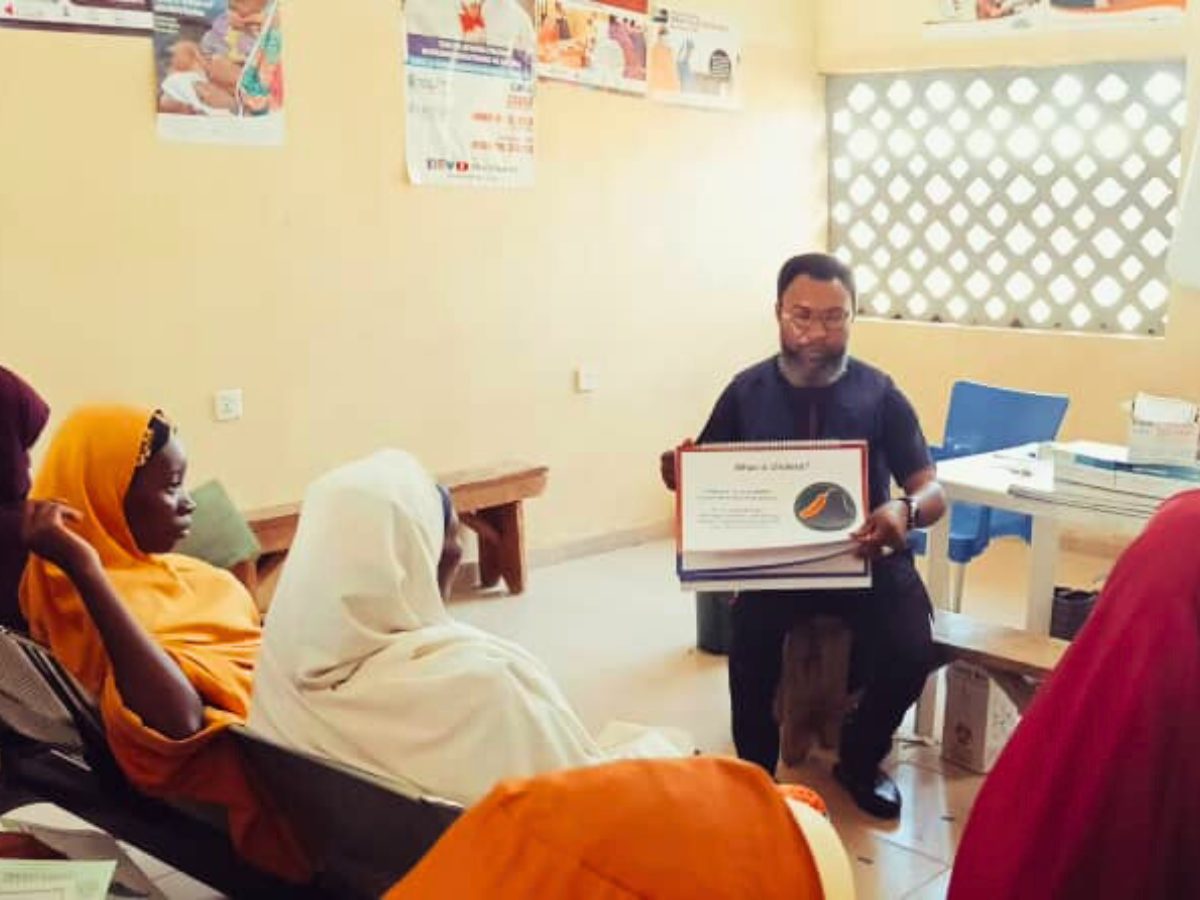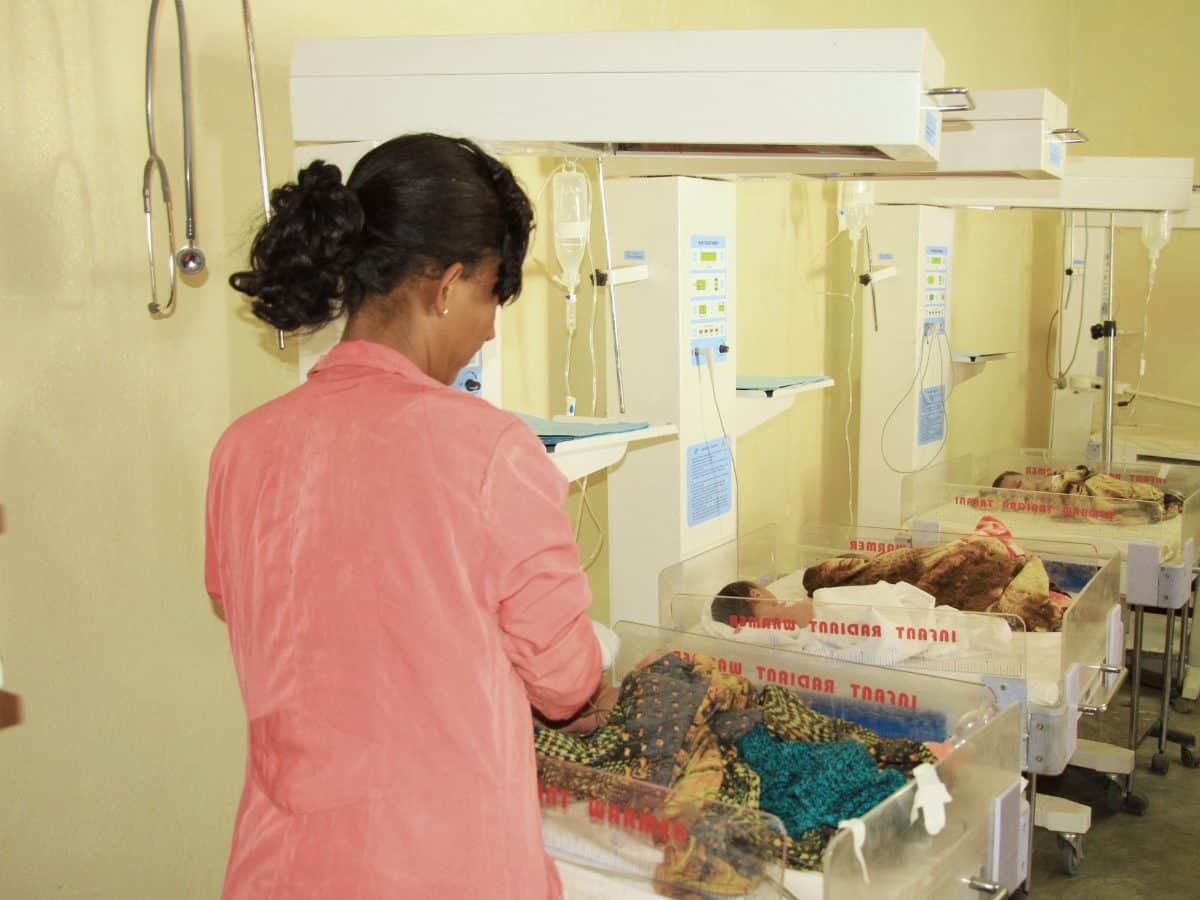A recent publication in the Journal of Tropical Medicine explored ways in which lessons learned from HIV programming can inform the design and implementation of programs for noncommunicable chronic diseases in sub-Saharan Africa.
Although HIV remains the leading cause of death among adults in sub-Saharan Africa, the burden of noncommunicable chronic diseases (NCDs) is rising markedly. Cardiovascular disease, diabetes, cancers, and chronic respiratory diseases are important causes of death and disability, placing strains on individuals, communities, and health care systems, which are rarely equipped to provide the continuity of care required to address chronic diseases.
Recognizing that HIV programs were the first large-scale chronic disease initiatives in Ethiopia and Swaziland, ICAP embarked on examining the potential to leverage successes of HIV scale-up to enhance services for chronic NCDs. In “Strengthening Health Systems for Chronic Care: Leveraging HIV Programs to Support Diabetes Services in Ethiopia and Swaziland,” the authors worked with Health Ministry partners to conduct two pilot studies. They evaluated the strategies, systems, and tools developed to support life-long HIV care and treatment and the potential to adapt these resources to support the continuity of care for NCDs such as diabetes and hypertension.
Findings from these studies suggest that countries with scaled up HIV services, such as Swaziland and Ethiopia, have learned valuable lessons about chronic care, which can be applied to the delivery of care for NCDs. The authors note, “Using these locally owned and contextually appropriate resources may be an efficient and effective way to ‘jumpstart’ NCD programs and to strengthen health systems to support longitudinal services for all. No single approach will be right for all countries and contexts, and funds are needed to support larger, controlled studies to elucidate the impact and costs of using this strategy.” “Read the full article”:http://www.hindawi.com/journals/jtm/2012/137460/








